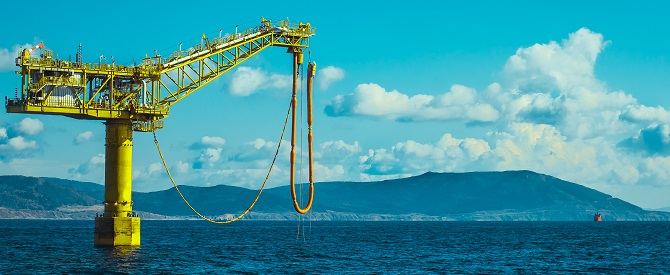Base oil shipments coming from Russia and other members of the Commonwealth of Independent States are facing logistical obstacles in the midst of the coronavirus pandemic.
A lack of personnel at loading and reloading stations for marine, truck and railroad transportation, along with delayed customs clearances, has slowed the flow of products moving out of Russia and other neighboring countries, said Denis Varaksin, director of base oil and waxes at Berlin-based base oil trader DYM Resources.
Russian, and Ukrainian customs officials in particular are sometimes refusing to accept documents from long-haul drivers over fears that they are contaminated with the virus, he added.
The Baltic states and Ukraine imposed strict quarantines and stay-at-home orders that have reduced numbers of workers at ports and reloading stations.
As markets reel and economic uncertainty rising, prices of container freight and truck freight are going up, Varaksin said.
“Which is crazy in the current market, when prices for commodities are going down in general,” he added.
Russia is one of the world’s largest base oil producing nations, and it exports significant volumes to markets such as Western Europe, the United Kingdom, Turkey and Africa.
Meanwhile, in Russia the lubricants industry is bracing for a ruble devaluation expected to result from declines in prices for commodities – especially oil, which is a pillar of the nation’s economy – and the spread of the virus, as dozens of new cases are reported daily in Moscow.
Locked in a crude oil price war with Saudi Arabia, the Russian government rejected a proposal from OPEC to cooperatively reduce crude oil production. The Saudis responded by flooding the market with cheap crude, contributing to a fall-off in prices.
“In its heyday over two decades ago, Hugo Chavez [the late president of Venezuela] succeeded in convincing the Saudis to increase crude oil prices, and in that way helped fight poverty in his country and in Russia, while our leaders are doing exactly the opposite,” said Oleg Tsvetkov, chief specialist at the Topchiev Institute of Petrochemical Synthesis of the Russian Academy of Science.
He referred to Venezuela’s call in the late 1990s to OPEC members to sell crude oil with fixed prices of U.S. $50 per barrel.
West Texas Intermediate, a benchmark American crude, posted today at $20.70/bbl, while the international benchmark Brent stands at $22.94/bbl, its lowest since 1991.

A crude oil loading terminal. Base oil trade is being affected by coronavirus in Russia and other Eastern European countries.
